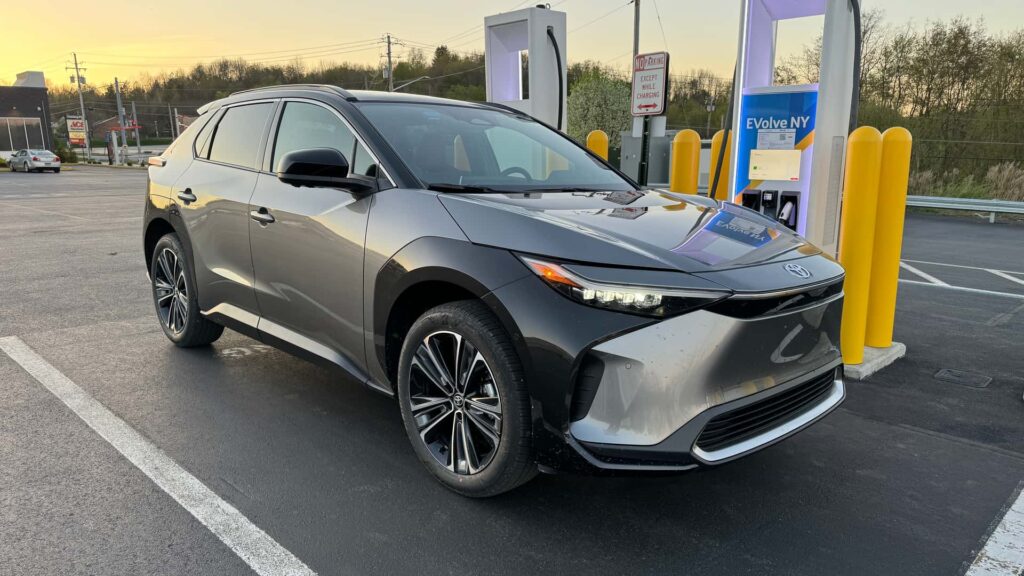President Trump announced on Wednesday that a 25% tariff on imported cars and car parts will be implemented on April 2. This decision will have a significant impact on the auto industry, as approximately half of the cars sold in the United States are assembled outside the country. While the goal is to promote U.S. manufacturing, the tariffs will also result in higher prices for consumers.
The new tariffs will affect vehicles imported from countries such as Canada, Mexico, South Korea, Japan, and Germany. Additionally, key automobile parts like engines, transmissions, and electrical components will also be subject to the tariffs. This move is expected to create challenges for American auto manufacturers, as a significant portion of the parts used in U.S.-made cars are sourced internationally.
Under the USMCA free trade agreement, manufacturers importing cars and parts will only be required to pay duties on the value of non-U.S. content in their products. However, USMCA-compliant parts will remain exempt from tariffs until a process is established to tax their foreign content.
President Trump believes that the new tariffs will encourage foreign and domestic automakers to increase their production in the United States. He emphasized that while some companies already have the infrastructure in place to expand their operations, others may consider establishing new manufacturing facilities within the country.
The implementation of these tariffs is expected to prompt automakers to rethink their supply chains. However, the process of restructuring production facilities requires significant time, investment, and coordination among suppliers. As a result, consumers can expect prices of new cars to rise in the near future.
Industry analysts and auto CEOs have expressed concerns about the impact of these tariffs, particularly on vehicles manufactured in Canada and Mexico. They anticipate a reduction in production levels and an increase in prices for consumers. Trade groups representing foreign automakers’ U.S. operations have criticized the move, highlighting the potential negative effects on both consumers and manufacturing jobs in the country.
The tariffs are likely to exacerbate the existing challenges faced by the electric vehicle (EV) market, particularly in terms of pricing. High upfront costs have been a significant deterrent for potential EV buyers, and the new tariffs are expected to further increase the price gap between electric and combustion vehicles. Popular EV models such as the Chevrolet Equinox EV, Honda Prologue, Ford Mustang Mach-E, Toyota bZ4X, Hyundai Kona, BMW EVs, and Volvo EX30 will be affected by the tariffs.
Despite these challenges, some automakers have been expanding their manufacturing presence in the U.S., encouraged by government incentives for domestic production of clean vehicles. Hyundai Motor Group recently inaugurated its Metaplant in Georgia, where it produces electric crossovers. This expansion reflects a broader trend among automakers to invest in domestic manufacturing facilities.
In conclusion, the implementation of new tariffs on imported cars and parts will have far-reaching implications for the auto industry. While the goal is to promote domestic manufacturing, the tariffs are expected to result in higher prices for consumers and pose challenges for both automakers and suppliers. The industry will need to adapt to these changes and find ways to mitigate the impact on production and pricing.

